Table of Contents
Context: The caste census is crucial to informed policy-making and inclusive development.
Caste Census in India
Background
- British India enumerated all castes in censuses from 1881 to 1931.
- Post-independence, the 1951 Census excluded caste enumeration except for SCs and STs, which have been counted in every Census since.
- In 1961, the GOI advised States to conduct their own surveys and draw up State-specific OBC lists if desired.
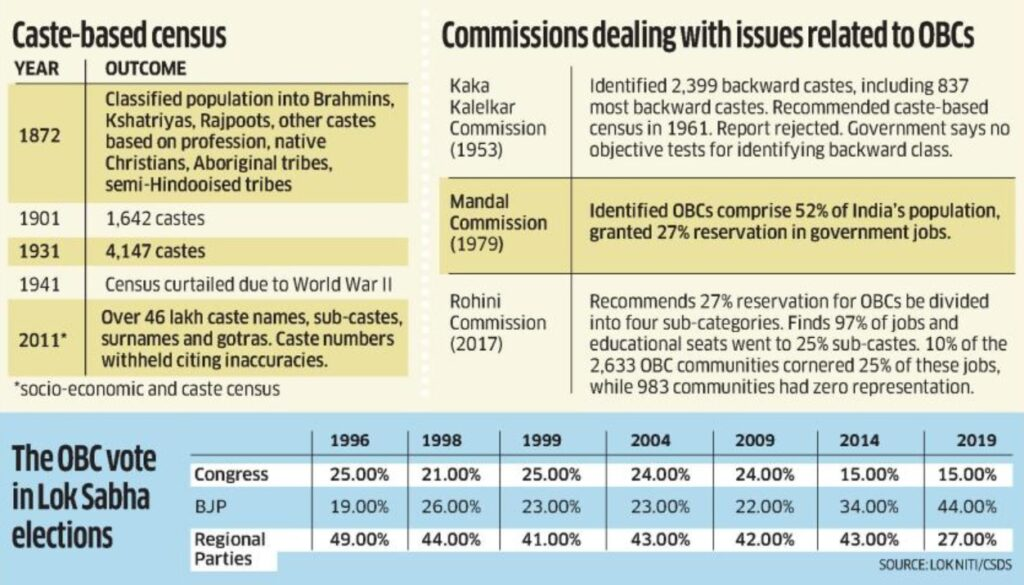
Significance of Caste Census
A caste Census is essential for four main reasons: social, legal, administrative, and moral imperatives.
- Social Imperative: Caste remains a foundational social construct in India.
- Only about 5% of Indian marriages were inter-caste as of 2011-12.
- Caste surnames, marks, and residential segregation by caste are widespread.
- Election candidates and cabinet ministers are often chosen based on caste considerations.
- Legal Imperative: Constitutionally mandated policies of social justice, including reservations in electoral constituencies, education, and public employment, require detailed caste-wise data.
- The Constitution uses the word ‘class’ instead of ‘caste’, but Supreme Court rulings have held caste as a criterion for defining a backward class, necessitating detailed caste-wise data for reservation policies.
- Administrative Imperative: Detailed caste-wise data is necessary to avoid wrongful inclusions/exclusions in reserved categories and to prevent dominant castes from crowding out others.
- It is needed for sub-categorizing castes within reserved categories and determining the income/wealth criterion for the creamy layer.
- Moral Imperative: Lack of detailed caste-wise data has allowed elites among upper castes and dominant OBCs to monopolise national assets, incomes, and positions of power.
Check here: Bihar Caste Census Report
Arguments Against Caste Census
Socially Divisive
- India’s social divisions predate Census efforts by nearly 3,000 years.
- Census counts of SCs and STs since 1951 have not led to conflicts among these groups.
- The Census also enumerates religion, language, and region, which are equally divisive.
Administrative Nightmare
- Unlike race, which is fuzzy but still enumerated in many countries, there is little ambiguity about caste in India.
- The GOI has smoothly enumerated 1,234 SCs and 698 STs, so enumerating 4,000 other castes should not be problematic.
Increased Reservation Demands
- Detailed caste data would curb arbitrary demands and capricious decision-making by governments regarding reservations.
OBC Inclusion in Census
Constitutional Provisions
- The Constitution permits OBC reservations in education and public employment.
- Indra Sawhney case (1992): The Supreme Court ruled that the OBC list based on the 1931 Census should be revised periodically.
Electoral Reservations
- OBCs do not have reservations in electoral constituencies for MPs and MLAs but do in panchayats and municipalities post-73rd and 74th amendments (1993).
- For these reservations, caste-wise data on OBCs is essential.
Failure of Socio-Economic and Caste Census (SECC) 2011
- In 2010, Parliament unanimously called for caste to be enumerated in the 2011 Census.
- The SECC-2011 was poorly designed, yielding 46 lakh castes, and the results were never released.
- SECC-2011’s failure was due to it not being conducted under the Census Act, 1948 and the inexperience of the Rural and Urban Development Ministries in conducting such surveys.
Way Forward
Recommendations:
- Amend the Census Act, 1948 to make caste enumeration mandatory.
- Conduct the caste Census under the Census Commissioner with specific questions added to the questionnaire.
- Enlist sociological/anthropological experts to create a draft list of castes, publish it for public feedback, and provide the final list to enumerators.
- Use internet-enabled devices preloaded with caste details to simplify the enumeration process.
Judicial Review:
- States should move the apex Court to review its 2021 judgement dismissing Maharashtra’s plea for OBC enumeration in the Census.
- It is crucial to have accurate caste data for implementing OBC and EWS reservations.

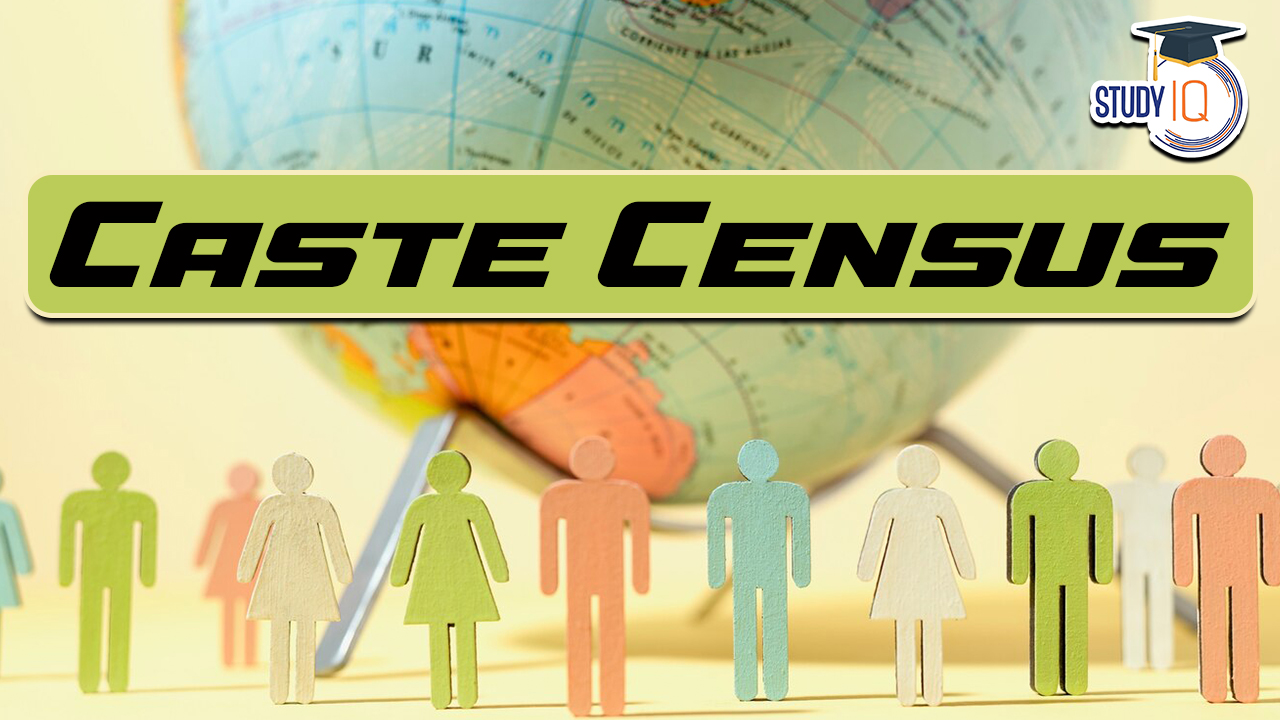
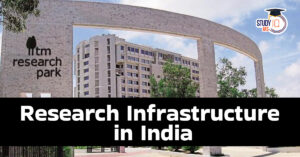 Research Infrastructure in India for its...
Research Infrastructure in India for its...
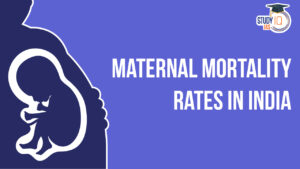 Maternal Mortality Rate in India, State ...
Maternal Mortality Rate in India, State ...
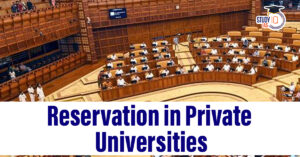 Reservation in Private Universities, Nee...
Reservation in Private Universities, Nee...





















